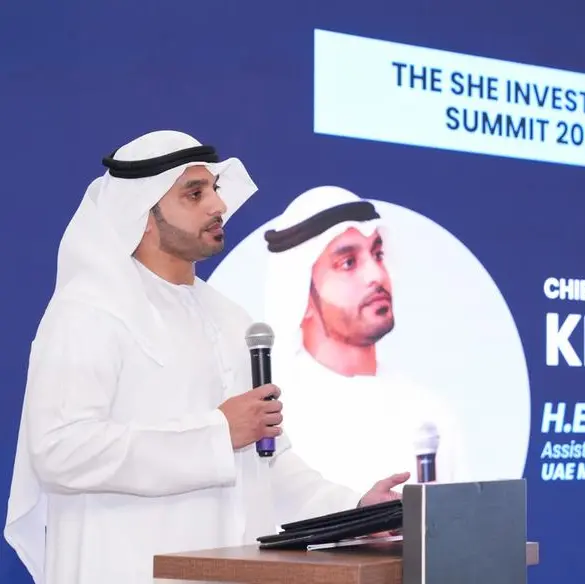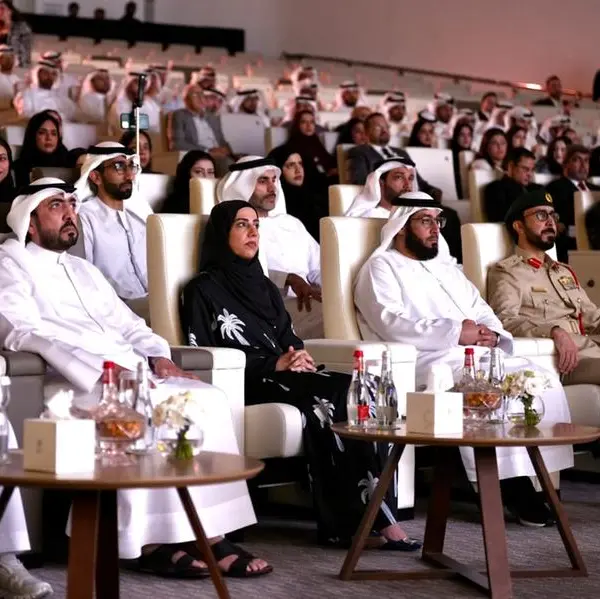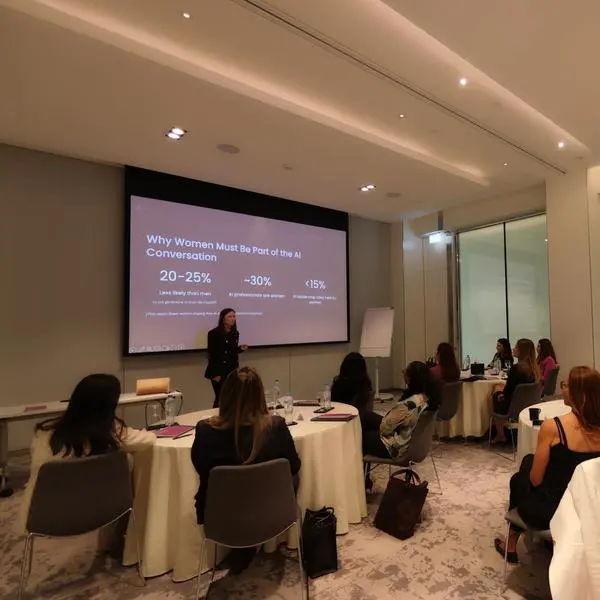PHOTO
In celebration of Africa Day, global management consultancy firm Kearney hosted a thought leadership event at their Johannesburg office, under the theme: "Creating What's Next in Africa through Technology and Innovation." The event marked a significant step towards Kearney's vision for the future of Africa, as a broad trajectory of discussion nestled within the African Union's 2023 theme of accelerating the implementation of the African Continental Free Trade Area (AfCFTA).
Jo-Ann Pohl, Senior Advisor at Kearney Middle East & Africa, led the event, emphasising Kearney's commitment to Africa and the unique role Africans, technology and innovation plays in shaping the continent's future.
“Adopting a positive perspective allows us to focus on the immense potential and opportunities Africa presents from the demographic dividend to regional integration and cooperation, cultural and creative industries, natural resources, and renewable energy potential to name a few,” said Pohl. “Creating what’s next requires sharing lessons learned, inspiring stories, and opportunities realised to shape a positive narrative. The African Continental Free Trade Area is a historic milestone that can help accelerate the continent's journey towards greater economic integration and prosperity. We can realise this growth potential by being deliberate and shifting our intentions to actions and outcomes. We need to face essential issues head on; infrastructure and connectivity, technological and financial inclusion, skills gaps, and even the changing definition and understanding of what a future workforce will look like in the face of technological advancement and related moral considerations. Africa Day is a celebration and reminder that we all have a role to play in shaping the next headline. Maybe it could be ‘The African Chapter: A New Era of Growth, Innovation, and Influence” Pohl said.
The event brought together esteemed panellists, including Melvyn Lubega, Founder and Director at Go1; Cheryl-Jane Kujenga, Former group CFO of Ascendis Health and interim CEO; and Meta Africa’s, former Regional Director Nunu Ntshingila.
The panellists – each industry trailblazers in their own right – shared insights drawn from their own experience on how we as Africans can leverage citizenry, technology, and innovation to drive specific, sustainable Africa-centric solutions. The conversations explored how new tools – both technological and conceptual – are being used to rethink and redesign the future of Africa and the world.
“Africans should solve for African issues with a deep understanding of what we are actually solving for,” was one of the key observations shared by Kujenga. She continued saying that we must address specific challenges and opportunities within our own contexts as this drives impact and change.
“We are well positioned to build a solid foundation for sustainable development and economic growth versus using a global lens from the outset”, Kujenga concluded.
Lubega weighed in providing a uniquely accomplished perspective on the power of innovation in creating African solutions.
“Innovation is about solving existing challenges in new ways, and making learning, unlearning, and relearning a positive experience and easier to navigate,” he said. He continued to say that the key differentiator for entrepreneurs is the lens you use, and not being constrained by perceived limitations in the now but anticipate and build for the future.
“We do not need to have all the answers, being vulnerable allows us to leverage others’ strengths, connect, collaborate, create, and compete constructively,” said Lubega.
Ntshingila looked ahead with much positivity and reiterated that change was indeed in the hands of Africans.
“The potential to realise the demographic dividend in Africa lies in the ability to harness technology, and how this amplifies and enables opportunity and unlocks the potential of our growing working-age population”, Ntshingila said.
“We need to share success stories of what is possible and what has been done from the informal to the formal sector with real-life examples of what technology has made possible for Africans. We can make an impact from anywhere with connectivity and accessibility a real market maker and global scale creator”, Ntshingila concluded.
The event highlighted the crucial role of the AfCFTA in driving economic integration and growth. The event showcased success stories and emphasized the need for collaboration between governments, private sector entities, communities, and technology innovators to unlock the full potential of the AfCFTA. The event provided valuable insights, examples of what has and is being done, and recommendations for stakeholders involved in the implementation of the AfCFTA, underscoring its significance in shaping Africa's economic landscape.
“A successful “Africa Market” can be realised and accelerated if we continue to address the digital divide, prioritise inclusivity, and embrace technology as an enabler,” said Theo Sibiya, Partner, and Managing Director at Kearney.
“Our innate curiosity, innovative approach to solving for the present and for future Africans, and tenacious willingness to seek, find, and build sustainable solutions have always been a part of how we survive and can thrive in Africa,” he concluded.
The panellists and attendees left the event with a shared commitment to the role each of us must play in writing and realising an appropriate African narrative, and how technology and innovation can accelerate creating what’s next. Kearney, with its deep expertise and global business insights, reaffirmed its commitment to supporting both private and public sector clients as well as nations across the region to excel and prosper in this evolving and dynamic landscape.




















